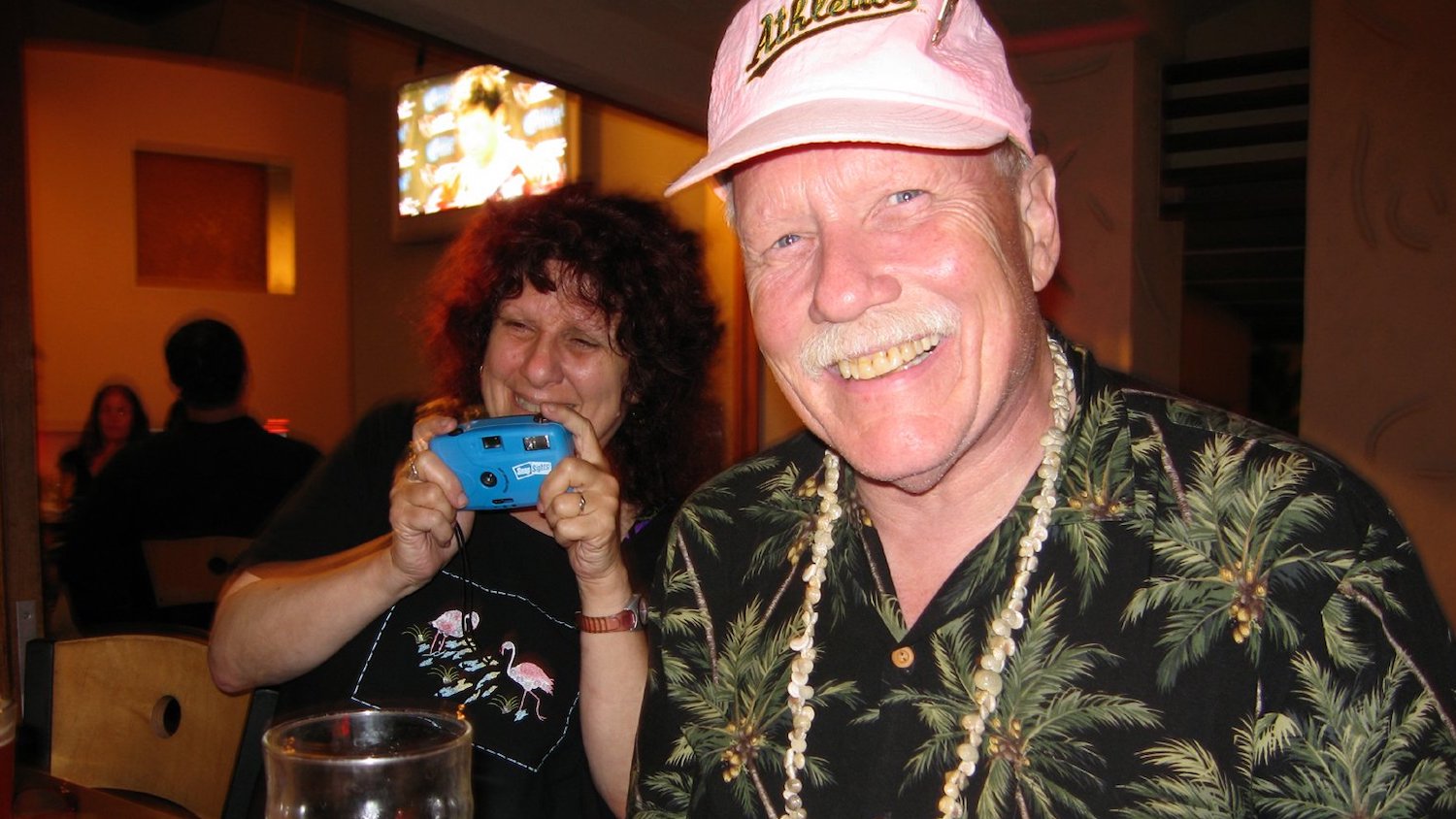NH Primary 2020
Every four years, coverage of the New Hampshire primary tends to look the same. We found our community was tuning out these common narratives. When we asked people what they wanted from our primary coverage, they told us to cut through the bluster and probe the essentials: How did New Hampshire secure its place at the front of the line? Who benefits from our privileged role? Who loses?
A year before the New Hampshire primary, we participated in a planning session at WBUR with NYU professor Jay Rosen where we were inspired by the idea behind the Citizens Agenda. A systems-thinking training with experts from the New School led us to question who was disempowered by our traditional approach to election coverage. These ideas informed the audience outreach we did in 2020.
We asked people in our coverage area if there was anything they were tired of hearing or reading in political stories and what questions they would ask presidential candidates if they had the chance.
Their answers inspired a year of journalism. We created a beat covering voters and their attitudes about New Hampshire’s influence on the election process. We posed voter questions to candidates at forums co-produced with NHPBS and streamed our coverage to reach the widest possible audience; nearly 90,000 YouTube viewers saw Andrew Yang’s response to a community-sourced inquiry.
The public’s questions inspired us to create Stranglehold, a podcast exploring how our tiny, predominantly white state retains its grip on the nominating process. In every episode, we look into myths about the New Hampshire primary.
Through our approach to covering the 2020 primary, we learned to trust our audience and focus our resources on owning the biggest local story in ways the public demands.




